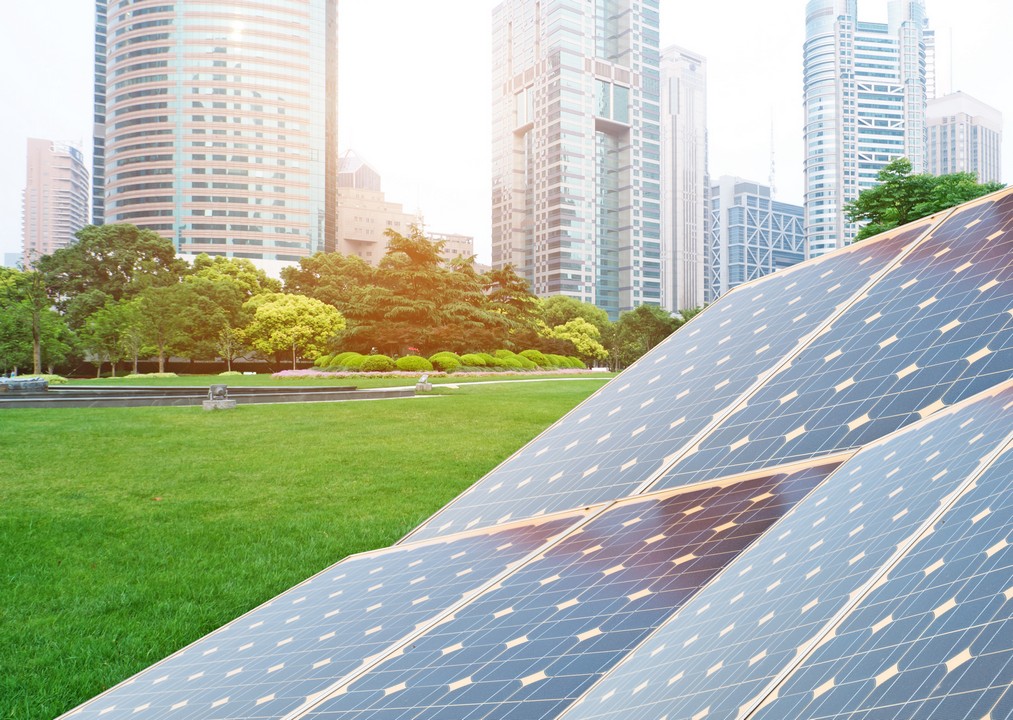PE2: Bank lending not the only way to fund EE projects
- April 7, 2022
- 0

While more and more banks are expressing interest in funding energy efficiency (EE) projects, Philippine Energy Efficiency Alliance (PE2) President Alexander Ablaza said that debt financing should not be the only option.
Ablaza explained that financial entities can also offer equity structures; e
He also mentioned that EE projects should also be allowed under the Public-Private Partnership transactions covered by Republic Act 7718 or the Amended Philippine Build-Operate-Transfer (BOT) Law.
“Bank lending is good for the growth of the energy efficiency market but it should not be the only way to finance. The larger shares should be in equity structures,” Ablaza said in a virtual summit on Wednesday.
“There’s an opportunity to mobilize up to Php252 billion [in] private sector investments in the government sector through new procurement modalities. So, if we have [a] Php252 billion investment potential for energy efficiencies in government facilities, not all of them should be covered by tax payers and general appropriations. Some of them can be pushed by the private [sector] through new procurement modalities,” he further explained.
In terms of green lending, or funding dependent on environmental criteria, Ablaza said that banks should come up with solutions for loan pricing to go down.
“I think banks need some de-risking instruments, resharing facilities, guaranteed products, or concessional finance to buy down the loan pricing and to narrow down their spread, their risk management for energy efficiency lending and make it more competitive to grow,” Ablaza said.
Various local banks have begun funding renewable energy projects as a response to the Bangko Sentral ng Pilipinas’ call for banks to fund the country’s energy transition projects.Among the banks that have expressed interest in funding renewable energy projects in the country are BDO Unibank, Land Bank of the Philippines, Bank of the Philippine Islands,Development Bank of the Philippines, Rizal Commercial Banking Corporation, and the Hongkong and Shanghai Banking Corporation.